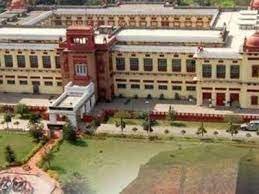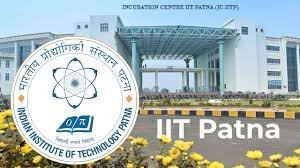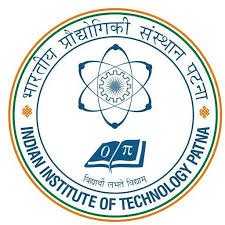Exploring the Future Scope and Benefits of B.Tech Electronics & Communication Engineering
A Bachelor of Technology (B.Tech) degree in Electronics and Communication Engineering is a specialized program that focuses on the design, development, and maintenance of electronic devices, communication systems, and information technology infrastructure. This field plays a central role in shaping the digital and interconnected world we live in today. This article explores the future scope and benefits of pursuing a B.Tech in Electronics & Communication Engineering.
B.Tech In Electronics & Communication Engineering Future Scope
1. 5G and Beyond: The deployment of 5G networks is transforming the telecommunications landscape, enabling faster data speeds and low-latency communication. Electronics and Communication Engineers are essential in the development and optimization of 5G technology, and they will continue to work on the evolution of communication systems beyond 5G.
2. IoT and Smart Devices: The Internet of Things (IoT) is expanding, connecting everyday objects to the internet. Electronics and Communication Engineers design the sensors, devices, and communication protocols that enable smart homes, cities, and industries.
3. Wireless Technologies: The demand for wireless communication technologies remains high. Engineers in this field work on wireless networking, satellite communication, and mobile device development, contributing to global connectivity.
4. Embedded Systems: Embedded systems are integral to various industries, including automotive, healthcare, and consumer electronics. Electronics and Communication Engineers specialize in designing embedded systems for specific applications, enhancing efficiency and functionality.
5. Robotics and Automation: Electronics and Communication Engineers play a vital role in the development of robotic systems and automation technologies used in manufacturing, healthcare, agriculture, and more.
6. Artificial Intelligence and Machine Learning: The integration of AI and machine learning into electronics and communication systems is on the rise. Engineers work on AI-driven applications such as speech recognition, image processing, and natural language processing.
7. Cybersecurity: With the increasing complexity of digital systems, cybersecurity is a critical field. Electronics and Communication Engineers specialize in designing secure communication protocols and systems to protect against cyber threats.
B.Tech In Electronics & Communication Engineering Benefits
1. Diverse Career Opportunities: Graduates with a B.Tech in Electronics and Communication Engineering have a wide array of career options in technology companies, telecommunications, research institutions, and various industries such as healthcare, automotive, and aerospace.
2. High Demand: Electronics & Communication Engineers are in high demand globally. The rapid growth of technology ensures a continuous need for their expertise, providing job security and competitive salaries.
3. Innovation: The field is dynamic and encourages innovation. Graduates have the opportunity to work on groundbreaking projects and develop solutions that impact various aspects of society.
4. Global Relevance: Electronics and communication skills are globally relevant, allowing graduates to work on international projects, collaborate with professionals worldwide, and address global challenges.
5. Entrepreneurship: Many successful startups and tech companies have been founded by Electronics & Communication Engineers. The degree equips graduates with the skills and knowledge needed to pursue entrepreneurial ventures.
6. Versatility: Electronics and communication Engineers can transition between various roles, from hardware design to software development to system integration, making them adaptable to changing job market demands.
7. Continuous Learning: The technology landscape is dynamic, encouraging lifelong learning and professional development. Engineers can stay updated with the latest trends and tools in the field.
 4 Years
4 Years
 Under Graduate
Under Graduate
 Engineering
Engineering














 back
back